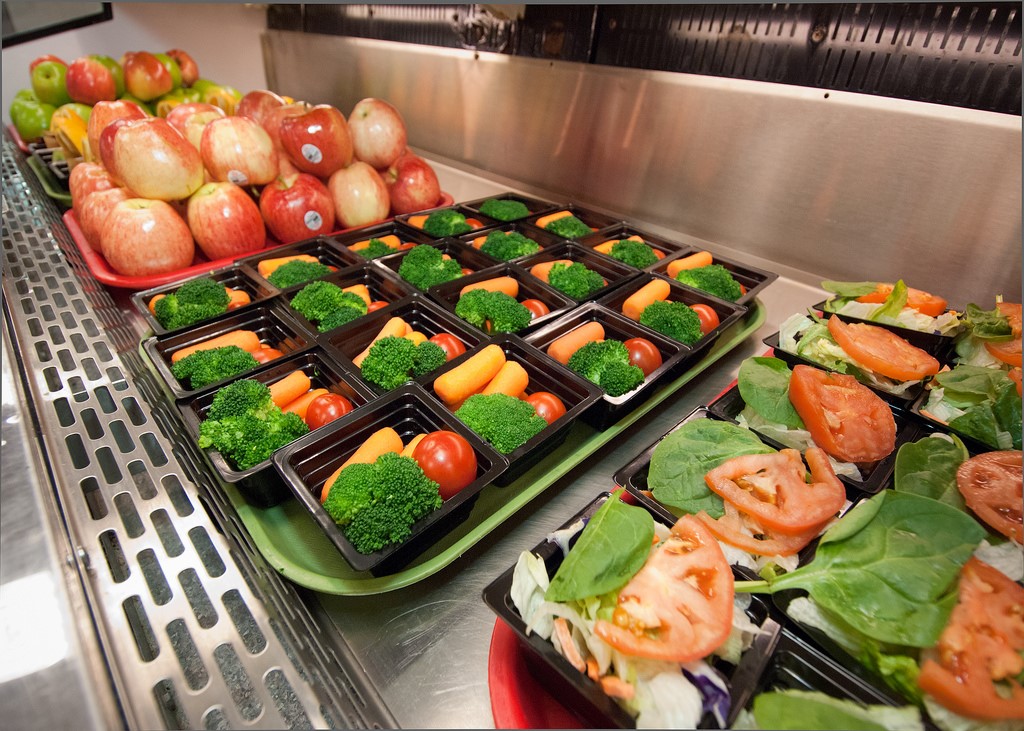
Underneath our country’s anti-hunger programs for children is one clear expectation: all hungry children who are eligible for the programs will always be fed. For this reason, the anti-hunger programs have been incredibly important, especially during some of our country’s most difficult times. During the Great Recession, the number of students eligible for the free school lunch program participation increased from 13.3 million in 2007 to 16.3 million in 2010. Luckily, as need increased, assistance also increased.
The latest version of the House’s Child Nutrition Reauthorization bill threatens this promise to our nation’s children. The latest version of the Improving Child Nutrition and Education Act (HR 5003), that recently passed through the House Committee on Education and the Workforce, now includes a 3-state block grant proposal. Three states would have the ability to abandon federal requirements, including mandates on student eligibility for free and reduced price meals and nutrition standards for meals. The states would administer these programs using a grant of federal money. Some argue that block granting programs allows states to create program rules that best serve the vulnerable in their state, but in this case, block grants would mean less funding for vulnerable students.
Under a block grant program, states would only get a set amount of money to administer their programs. States will no longer receive annual funding adjustments as food costs rise, and states will not receive a reimbursement for each meal they provide. This means that each year, especially years when more children fall below the poverty line, the state will be less equipped to meet the needs of their children. Additionally, states will not be required to use the money they receive from the federal government exclusively for child nutrition programs. States could reallocate this money to other programs, leaving even fewer resources for hungry children. Simply put, block granting means fewer meals for fewer students.
As Reform Jews, the moral obligation to feed the hungry is deeply rooted into our deep religious commitments. Midrash Rabbah teaches, “When you are asked in the world to come, ‘what was your work?’ and you answer: ‘I fed the hungry,’ you will be told: ‘this is the gate of the Eternal, enter into it, you who have fed the hungry’” (Midrash Psalms 118:17). As a community we preform sacred work when we care for children and ensure they have enough to eat.
Urge Congress to vote no against the Improving Child Nutrition and Education Act (HR 5003) by sending a letter to your Members of Congress. Also visit the RAC’s hunger page to learn more about the harmful elements of this legislation and how you can get involved.
Related Posts

Inside the Inaugural L'Taken Canada

Five Definitions of Antisemitism

